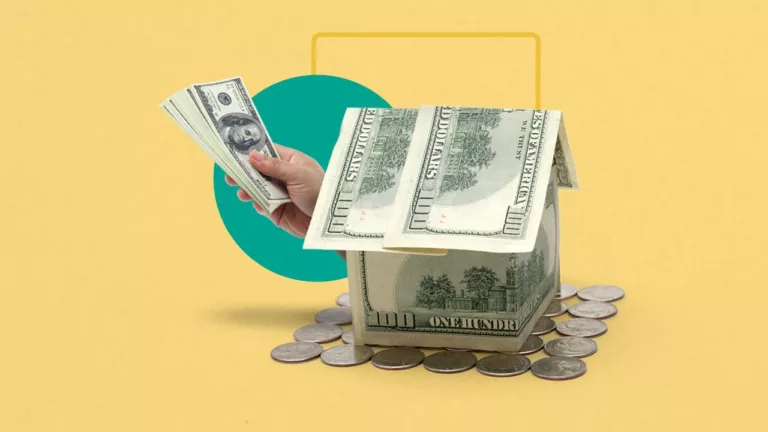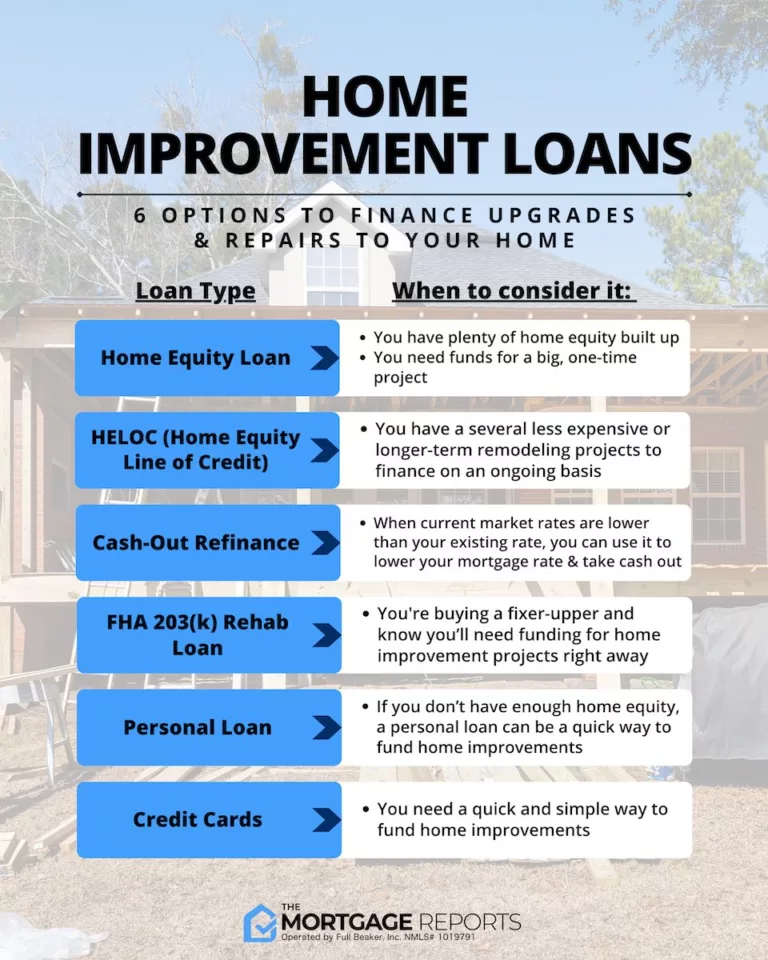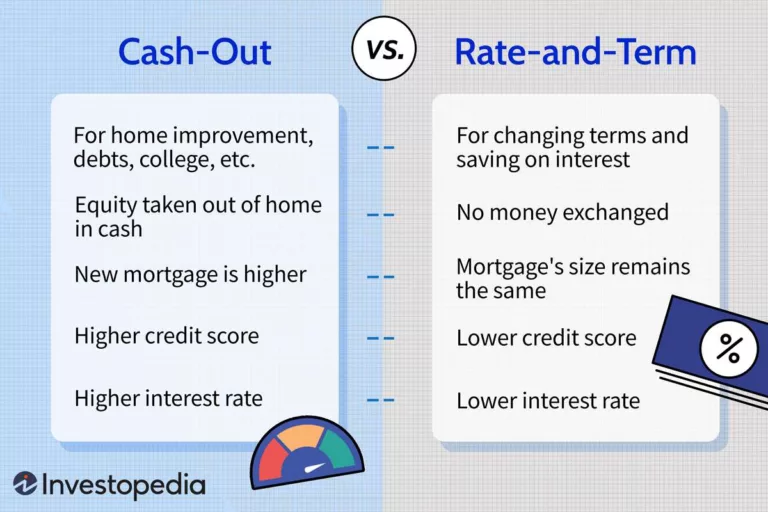When Do You Stop Paying Mortgage When Selling House? Discover the Key Milestones!
You stop paying the mortgage when selling the house on the property closing date. Selling a house involves various stages and financial obligations, one of which is the mortgage payment.
However, once the property transaction reaches its final phase, you will no longer have to make mortgage payments. The precise date on which you stop paying the mortgage is the property closing date, which signifies the legal transfer of ownership from the seller to the buyer.
At this point, the new owner assumes the responsibility for the mortgage, including future payments. It is crucial to have a clear understanding of the closing process to ensure a smooth transition and eliminate any confusion regarding mortgage payment obligations.
Understanding Mortgage Payments
Curious about when you stop paying your mortgage when selling your house? Discover the timeline for mortgage payments and understand when you can finally say goodbye to that financial responsibility.
When selling a house, it’s important to have a clear understanding of your mortgage payments. Having this knowledge will help you determine when you can stop paying your mortgage and what expenses you may still need to cover. In this section, we will explore key aspects of mortgage payments that will provide you with the information you need to make informed decisions.
Amortization Schedule
One crucial element to consider when understanding mortgage payments is the amortization schedule. This schedule outlines how your mortgage payments are structured over time and indicates how much of each payment goes towards the principal balance and the interest.
Here’s what you should know about the amortization schedule:
- The schedule starts with a larger portion of your payment going towards interest, gradually decreasing over time.
- Conversely, the portion of your payment going towards the principal balance increases as time goes on.
- By the end of the mortgage term, the majority of your payments will go towards the principal balance, ultimately reducing the overall debt.
Principal And Interest Payments
An essential aspect of mortgage payments is understanding the breakdown between principal and interest. Let’s take a closer look at each component:
Principal Payment:
- The principal payment is the portion of your mortgage payment that contributes towards reducing the loan amount.
- Over time, as you make principal payments, the outstanding loan balance decreases, gradually building equity in your home.
Interest Payment:
- The interest payment is the cost you pay to borrow the money from the lender.
- Interest rates dictate the amount of your interest payment. Higher rates mean larger interest payments, while lower rates result in smaller payments.
Understanding the breakdown of principal and interest payments is crucial when assessing your mortgage situation, especially when it comes to selling your house.
In conclusion, when selling a house, your mortgage payments depend on various factors such as the amortization schedule, principal payment, and interest payment. By gaining a clear understanding of these components, you’ll be better equipped to determine when you can stop paying your mortgage and navigate the process with confidence.
Preparing To Sell Your House
Start of the contentSelling a house involves a significant amount of preparation to ensure a smooth and successful transaction. One important aspect of this process is determining when you will no longer be responsible for paying your mortgage. By understanding how to calculate your mortgage payoff amount and determining your selling price, you can effectively plan for the necessary financial aspects of selling your house.
Determining Selling Price
To prepare for selling your house, it is crucial to determine the appropriate selling price. Researching the local real estate market and working with a professional real estate agent can help you gauge the value of your property accurately. Factors such as location, current market conditions, and recent sales of comparable properties play a crucial role in setting the right selling price.
Calculating Mortgage Payoff Amount
Calculating your mortgage payoff amount is essential to understand the financial implications of selling your house. The mortgage payoff amount is the remaining balance on your mortgage loan, which includes the principal amount, any accrued interest, and potentially additional fees or penalties. Contacting your mortgage lender to obtain an accurate mortgage payoff statement is recommended to ensure you have the most up-to-date information.
Once you have determined the selling price and obtained the mortgage payoff statement, subtracting the mortgage payoff amount from the selling price will give you an estimate of how much money you will have after paying off your mortgage. It is crucial to factor in other costs associated with the sale, such as real estate agent commissions, closing costs, and potential repairs or renovations necessary to make your house market-ready.
By preparing for the sale of your house, including determining the selling price and calculating the mortgage payoff amount, you can ensure a seamless and financially beneficial transaction. This preparation will give you a clearer understanding of your financial obligations and the potential funds you can expect to receive once your house is sold.
End of the contentMilestone: Listing Your House
Once you’ve made the decision to sell your house, the first major milestone in the process is listing your house for sale. This involves working with a real estate agent to get your property on the market and negotiating offers from potential buyers.
Working With A Real Estate Agent
When it comes to listing your house, working with a real estate agent can be extremely beneficial. These professionals have the knowledge and experience to help you navigate the selling process smoothly. They will assist you in determining a fair and competitive listing price for your property and will handle all the necessary paperwork and marketing to attract potential buyers.
Additionally, a real estate agent will be your advocate when negotiating offers. They will work to secure the best possible price and terms for your sale while ensuring that all legal and financial aspects are taken care of.
Negotiating Offers
Once your house is listed, potential buyers will start making offers. This is an exciting and critical stage in the selling process, and having a real estate agent by your side can be invaluable.
During the negotiation process, your agent will act as a buffer between you and the buyers, ensuring that your interests are protected. They will help you evaluate each offer, considering factors such as the price, contingencies, and financing terms.
Your agent will also guide you on how to respond to offers, whether to accept, counter, or reject them. Their expertise in negotiation can help you maximize your profit while minimizing any potential risks.
Remember, negotiating offers is all about finding a win-win situation that satisfies both you and the buyer. Your real estate agent will work diligently to reach a mutually beneficial agreement that makes sense for both parties.
In conclusion, listing your house for sale is a significant milestone in the selling process. Working with a real estate agent ensures a smoother experience and provides you with expert guidance throughout the journey. From setting an appropriate listing price to negotiating offers, their expertise will help you achieve your selling goals.

Credit: m.facebook.com
Milestone: Closing The Sale
One of the most anticipated moments in the process of selling a house is the closing of the sale. It marks the successful completion of all the necessary transactions and finalizes the transfer of ownership from the seller to the buyer. As a homeowner, understanding the exact steps involved in closing the sale is crucial, especially when it comes to paying off your remaining mortgage balance and reviewing the settlement statement.
Pay Off The Remaining Mortgage Balance
When you sell your house, one of the primary concerns is paying off the remaining mortgage balance. The remaining mortgage balance is the amount of money you still owe to your lender after deducting all your previous payments. To determine this balance, you need to contact your lender and request a payoff amount, which includes any outstanding interest and penalties. By paying off your mortgage balance, you release your property from any liens or claims, enabling a smooth and hassle-free transfer of ownership to the buyer. It’s important to ensure that your lender receives the payment before the closing of the sale.
Settlement Statement
As part of the closing process, both the buyer and the seller receive a settlement statement. The settlement statement provides a detailed breakdown of all the financial transactions that occurred during the sale, including the final sale price, real estate agent fees, taxes, and other closing costs. This statement ensures transparency and helps you understand how the proceeds from the sale will be distributed. It is essential to review the settlement statement carefully and clarify any discrepancies before the closing to avoid any last-minute surprises or disputes.
Overall, closing the sale of your house is an important milestone that involves paying off your remaining mortgage balance and reviewing the settlement statement. By understanding these key aspects and ensuring a smooth transaction, you can confidently navigate the process of selling your home.+
Post-sale Considerations
After selling your house, you may wonder when you can stop paying the mortgage. This important post-sale consideration depends on various factors such as the terms of your mortgage agreement and the closing date of the sale. It’s crucial to understand the timeline to avoid any unnecessary payments.
Reinvesting In A New Home
After selling your house and completing the necessary paperwork, you might be wondering what to do with the money you receive from the sale. For many homeowners, the logical next step is to reinvest in a new home. This could involve buying a property in a different location, upgrading to a larger house, downsizing to a smaller space, or even considering an investment property.
Before taking the plunge, it’s important to consider your financial circumstances and goals. Take a moment to evaluate your needs, budget, and future plans. Consider factors such as the cost of the new property, mortgage rates, and any additional expenses associated with purchasing a new home. By carefully assessing your options, you can make an informed decision that aligns with your long-term objectives.
Furthermore, if you plan on purchasing a new home immediately after selling your current one, it’s crucial to have your finances in order. It’s advisable to secure a pre-approved mortgage before going house hunting. This can give you a clear understanding of your budget and make the entire home-buying process smoother.
Handling Mortgage Escrow
When it comes to selling your house and paying off your mortgage, there might be some additional considerations, such as the handling of mortgage escrow. Mortgage escrow refers to the portion of your monthly mortgage payment that is held in an account by the lender to cover expenses like property taxes and homeowners insurance.
During the closing process, the mortgage escrow funds will be settled. If there is any money remaining in the account once all the associated costs have been paid, it will be refunded to you as part of the overall sale proceeds. On the other hand, if there is a shortfall in the escrow account, you might be required to make up the difference out of pocket.
To ensure a smooth transition and avoid any surprises, it’s recommended to communicate with your lender throughout the selling process. They can provide guidance on how to handle the escrow account and make sure everything is properly settled. By staying proactive and informed, you can navigate the mortgage escrow process confidently.
:max_bytes(150000):strip_icc()/personalfinance_definition_final_0915-Final-977bed881e134785b4e75338d86dd463.jpg)
Credit: www.investopedia.com
:max_bytes(150000):strip_icc()/real-estate-short-sale_sourcefile-5029c549f7c249ebb831e3f0e61fcab2.jpg)
Credit: www.investopedia.com
Frequently Asked Questions On When Do You Stop Paying Mortgage When Selling House
Do You Make Your Last Mortgage Payment Before Closing?
Yes, you typically make your last mortgage payment before closing. It’s important to settle all outstanding payments to clear your mortgage on or before the closing date of the loan.
What Happens To Equity When You Sell Your House?
When you sell your house, the equity is the difference between the sale price and the outstanding mortgage. This equity is typically paid to you as the seller, and you can use it for other purposes, such as a down payment for a new home or investment.
Can You Transfer Mortgage To Another Person?
Yes, it is possible to transfer a mortgage to another person. However, this process is subject to the approval of the lender and requires a formal application and review.
Is Mortgage Payoff A Selling Expense?
No, mortgage payoff is not considered a selling expense. It is the repayment of the outstanding loan amount and not directly related to the process of selling a property.
Conclusion
Ultimately, the decision of when to stop paying your mortgage when selling your house depends on several factors. Consider the terms of your mortgage agreement, any penalties for early repayment, and your individual financial situation. It is essential to communicate with your lender and seek professional advice to understand the best course of action.
By being informed and proactive, you can navigate the process confidently and make the most beneficial choice for your circumstances.



